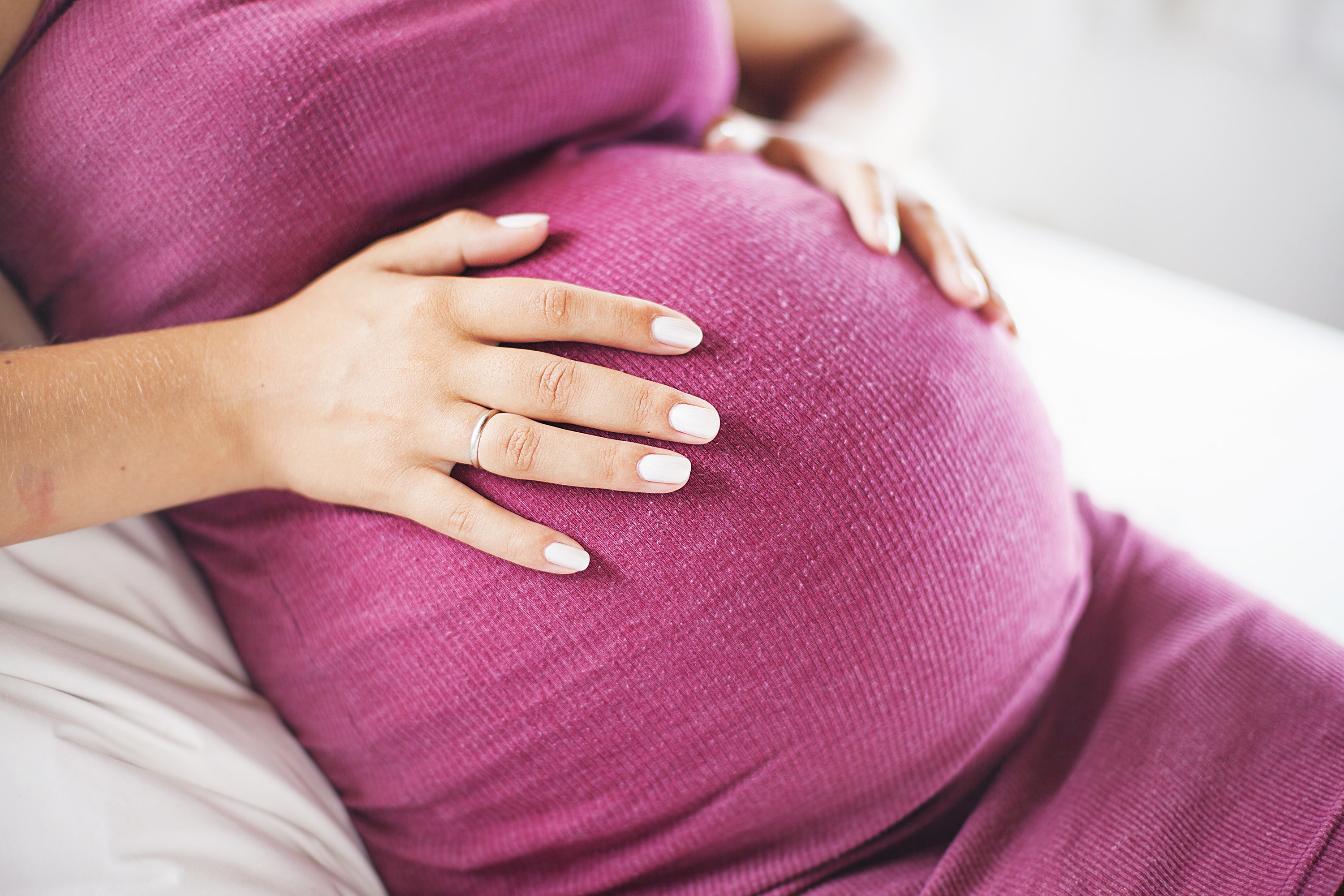Oklahoma Woman Jailed For Manslaughter After Miscarriage She Had At 19-Years-Old
She's facing 4 years.
 Mila Supinskaya Glashchenko / Shutterstock
Mila Supinskaya Glashchenko / Shutterstock Britney Poolaw was sentenced to four years in prison for a miscarraige she suffered when she was 19, with an autopsy that confirmed the unborn child had died at 17 weeks gestation.
Her sentencing has invoked outcry from activist who have already decried the ways in which women are being persecuted over their reproduction.
The 21-year-old Oklahoma woman was found guilty of first-degree manslaughter after suffering a miscarraige at 17-weeks.
Poolaw later confessed to using recreational drugs including methamphetamine and marijuana after she went to Comanche County Hospital after reportedly giving birth at home.
RELATED: New Illinois Law Would Allow Women To Sue Men For Unwanted Pregnancies — Regardless Of Consent
Prosecutors on the case are blaming Poolaw’s miscarriage on her drug use, saying it may have been responsible for ending the pregnancy.
The medical examiner's report listed the unborn child's cause of death as intrauterine fetal demise due to maternal meth use.
A toxicology report on the fetus showed the brain and liver had tested positive for meth and amphetamine.
Poolaw drug use may not have caused the miscarriage.
An OB-GYN testifying for the state said that the use of these controlled substances may not have directly caused the death of the fetus. Equally, a nurse and medical examiner confirmed that the unborn baby had congenital abnormalities.
Advocates for the mother, such as the National Advocates for Pregnant Women, have argued that Poolaw’s conviction is not in line with the law.
"Oklahoma's murder and manslaughter laws do not apply to miscarriages, which are pregnancy losses that occur before 20 weeks, a point in pregnancy before a fetus is viable (able to survive outside of the womb)," said the non-profit advocacy organization in a statement on Wednesday.
State law says that a woman cannot be prosecuted for causing the death of their unborn child “unless the mother has committed a crime” that caused its death.
The NAPW also argued that blaming Poolaw's miscarriage on her use of controlled substances is "contrary to all medical science."
"Not even the medical examiner's report identifies use of controlled substances as the cause of the miscarriage," the organization said in their statement. "Even with this lack of evidence, the prosecutor moved forward with the charge."
Much of the outcry over Poolaw’s case comes after strict abortion laws were being passed in Texas that effectively bans abortions after six weeks of pregnancy.
Advocates for reproductive rights say that Poolaw’s arrest sets a dangerous precedent in a time where a woman’s right to choose is being threatened.
Many abortion clinics in Oklahoma are seeing an increase with patients after many women are traveling from Texas to receive an abortion.
Oklahoma is in a battle over reproductive rights.
Earlier this month, an Oklahoma judge temporarily blocked two new anti-abortion laws from taking effect next month.
District Judge Cindy Truong said she would allow three other anti-abortion laws to take effect Nov. 1, which one abortion rights advocate said would be “catastrophic” to the ability of women to access abortion services in the state.
The three anti-abortion laws would create new restrictions on medication-inducted abortions and require all doctors who perform abortions to be board-certified in obesterics and gynecology.
The National Advocates for Pregnant Women has also said the case against Poolaw was part of a troubling trend of Oklahoma prosecutors using the law to “police pregnant women and to seek severe penalties for those who experience pregnancy losses.”
A $20,000 bond has been set for Poolaw, who has been in jail since she was first arrested.
"Ms. Poolaw's case is a tragedy. She has suffered the trauma of pregnancy loss, has been jailed for a year and half during a pandemic, and was charged and convicted of a crime without basis in law or science,” NAPW wrote. “We are supporting Ms. Poolaw as she explores her legal options, and we are working to ensure that this type of injustice does not happen again."
Nia Tipton is a writer living in Brooklyn. She covers pop culture, social justice issues, and trending topics. Follow her on Instagram.
